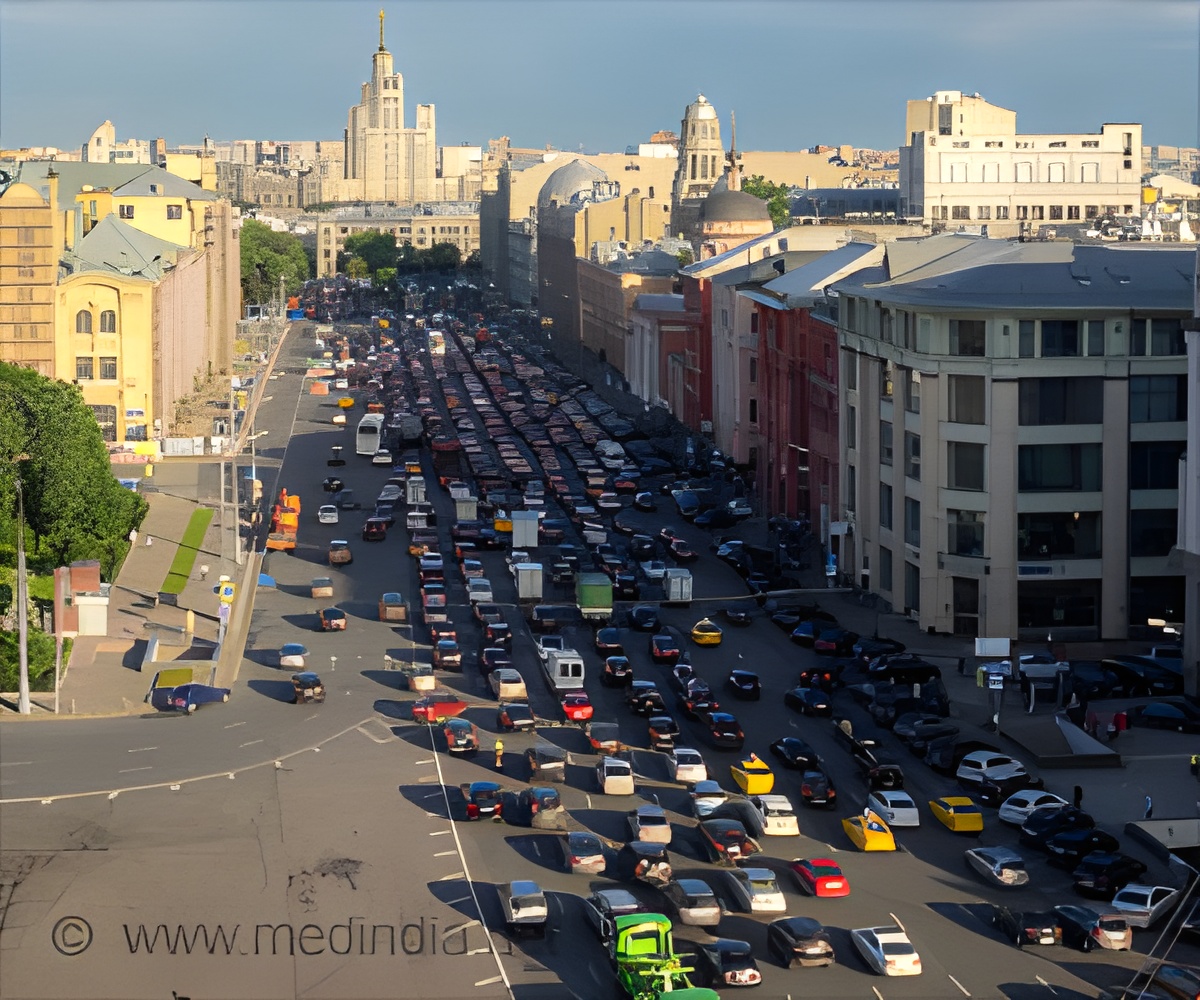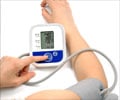
Blood Pressure Effect of Traffic-Related Air Pollution
Go to source).
High Traffic Air Pollution & High BP- What is the Link?
For more than a century, American cities have been sliced and diced by high-traffic roadways. Interstate highways and wide arterials are now a defining feature of most metropolitan areas, their constant flow of cars spewing pollution into nearby neighborhoods.‘Breathing unfiltered air increased BP to 4.50 mm Hg when compared to drives with filtered air, peaking about an hour into the drive and holding steady for at least 24 hours. #hightraffic #airpollution #highBP’
Tweet it Now
Researchers have only just begun to understand the health risks posed by all that pollution. Long-term exposure to traffic-related air pollution — a complex mixture of exhaust from tailpipes, brake and tire wear, and road dust — has been linked to increased rates of cardiovascular disease, asthma, lung cancer, and death. “The body has a complex set of systems to try to keep blood pressure to your brain the same all the time. It’s a very complex, tightly regulated system, and it appears that somewhere, in one of those mechanisms, traffic-related air pollution interferes with blood pressure," said Joel Kaufman, a UW physician and professor of environmental and occupational health sciences who led the study.
An earlier experiment by Kaufman’s lab found that exposure to diesel exhaust fumes increased blood pressure in a controlled environment. The roadway traffic study was designed to test that finding in a real-world setting by isolating the effects of traffic-related air pollution.
Researchers drove healthy participants between the ages of 22 and 45 through rush-hour Seattle traffic while monitoring their blood pressure. On two of the drives, unfiltered road air was allowed to enter the car, mirroring how many of us drive.
On the third, the car was equipped with high-quality HEPA filters that blocked out 86% of particulate pollution. Participants did not know whether they were on a clean air drive or a roadway air drive.
Advertisement
“We know that modest increases in blood pressure like this, on a population level, are associated with a significant increase in cardiovascular disease,” Kaufman said. “There is a growing understanding that air pollution contributes to heart problems. The idea that roadway air pollution at relatively low levels can affect blood pressure this much is an important piece of the puzzle we’re trying to solve.”
Ultrafine Particles- The Culprit Behind Unfiltered Air Causing High BP
The findings also raise questions about ultrafine particles, an unregulated and little-understood pollutant that has become a source of growing concern among public health experts.Advertisement
“So, the hint is that ultrafines may be especially important [for blood pressure]. To actually prove that requires further research, but this study provides a very strong clue as to what’s going on.”
Traffic-related air pollution is the main cause of air quality variation from community to community in most U.S. metropolitan areas.
“This study is exciting because it takes the gold-standard design for laboratory studies and applies it in an on-roadway setting, answering an important question about the health effects of real-world exposures. Studies on this topic often have a challenging time separating the effects of pollution from other roadway exposures like stress and noise, but with our approach the only difference between drive days was air pollution concentration,” said Michael Young, a former UW postdoctoral fellow in the Department of Environmental and Occupational Health Sciences and lead author of the new study.
"The findings are valuable because they can reproduce situations that millions of people actually experience every day.”
Reference:
- Blood Pressure Effect of Traffic-Related Air Pollution - (https://www.acpjournals.org/doi/10.7326/M23-1309)














